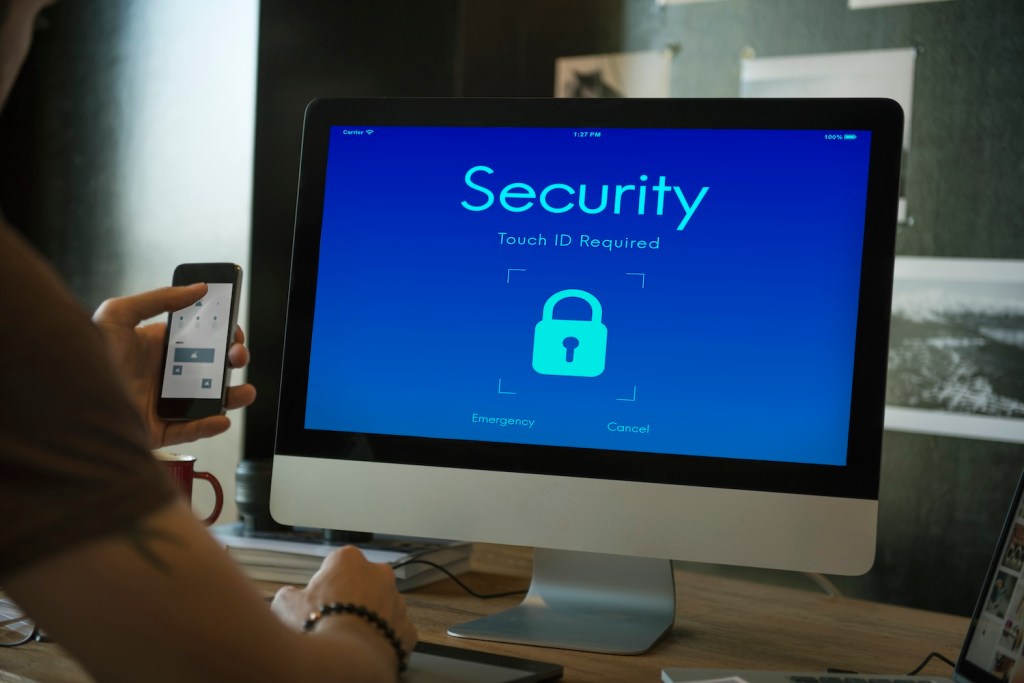Updated: Oct 18, 2024 By: Marios

You wouldn't walk around the street with your wallet dangling out of your pocket. That would be silly, and obviously so. However, a lot of us do the digital equivalent without even knowing it. Given that we now spend so much time online, it's critical that we prioritise our safety when we're in this space.
It doesn't really matter what activity you're doing – it could be shopping, banking, or working remotely – because every action that you take online leaves traces that could be used against you in the wrong hands.
In this article, we're going to try to pass on essential tips that can help you stay safe online.
Use a VPN for Secure and Private Browsing
It's common for people to have VPNs now because of how effectively they keep your online activities secure. If you're one of the few people yet to get one, you're missing out. It works by encrypting your internet connection, sort of masking it, creating a secure tunnel between your device and the websites you're accessing.
Not only does this keep your data safe, it also keeps your IP address anonymous, which essentially keeps your identity anonymous, preventing anyone from tracking your online activity.
At home, you're generally okay, but when you're out in public, that's when VPNs come in clutch. Hackers hang around public Wi-Fi networks, like the ones found at airports and cafes, in the hopes of stealing data. Yet, with a VPN, even if someone manages to steal your data, they won't be able to read it.
When you're searching for a VPN, seek out ones that combine security and speed. Although encryption can slow down your connection, the best online VPN service for speed will efficiently find fast servers around the globe.
Create a Strong and Unique Password

This step is a bit tedious but also super simple. A lot of people use the same passwords for all of their online accounts, and while we understand that this feels convenient, it's also a dangerous risk to take. If a hacker finds out your password, they'll get into everything you own. To avoid this, change your passwords to something strong and unique for each account.
Don't include easily guessable information like your birthday or your middle name. Pick something nonsensical, full of letters, numbers and characters.
We know that this task is daunting and that you also know it's necessary. If you don't you can remember all of those passwords, use a password manager to simplify the process. These tools both store and encrypt your passwords, giving you access to all of your accounts with one master password. Once you go through the process of changing each one, it couldn't be simpler.
Use Two-Factor Authentication (2FA)
Strong passwords aren't a guarantee that you won't get hacked. The more layers of security that you can add to your account, the better. And for that reason, two-factor authentication (2FA) is a terrific tool that you should start using today.
We're sure you have it in place for one or two of your accounts. If you forget the password or try to sign in from somewhere unusual, another device you own will get an alert. Anyone who's ever received a 2FA notification that they didn't send knows the value of having it in place.
Keep Your Software Updated
Don't let clunky software be your downfall. Not only does outdated software prevent your device from running at its full capacity, it also leaves you vulnerable to cyber attacks. This is something that you don't always think about when a new update is launched: it's often developers trying to patch up security flaws in a previous version. That's why you should stop delaying the download of new software. Heck, maybe even enable automatic updates to get the latest security fixes as soon as they hit the market.
Open Emails and Links Carefully
A lot of cyber criminals follow the ‘if it ain't broke, don't fix it' rule when it comes to conning people. That's why phishing attacks remain among the most common methods that these dastardly actors use to steal your information.
The attacks often involve a fake email or message that looks as though it's from a legitimate source. Maybe it's your bank or your pal, the Prince of a foreign country, asking you to loan them a small amount of money in return for a much larger sum. They'll usually ask you to download an attachment or click on a link, which could end up installing malware onto your device. All joking aside, it's scary stuff.
To avoid these dodgy scenarios, never click on links or attachments from unknown senders. Examine the sender's email address too, because often these scammers use addresses that look legitimate at a glance before a closer inspection shows discrepancies.



